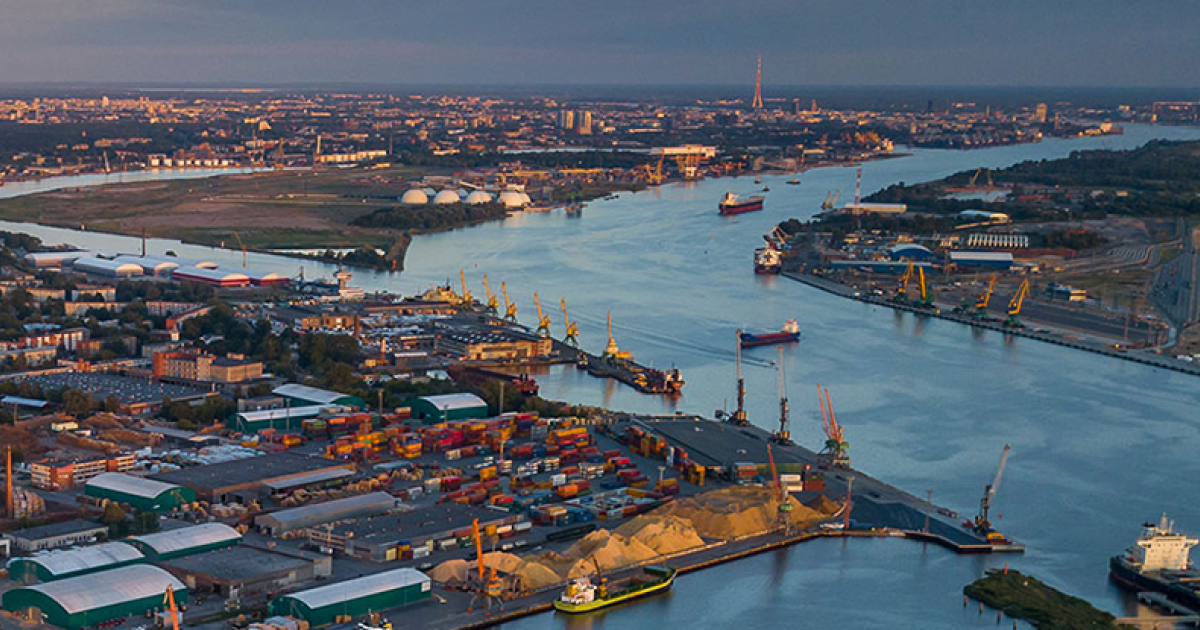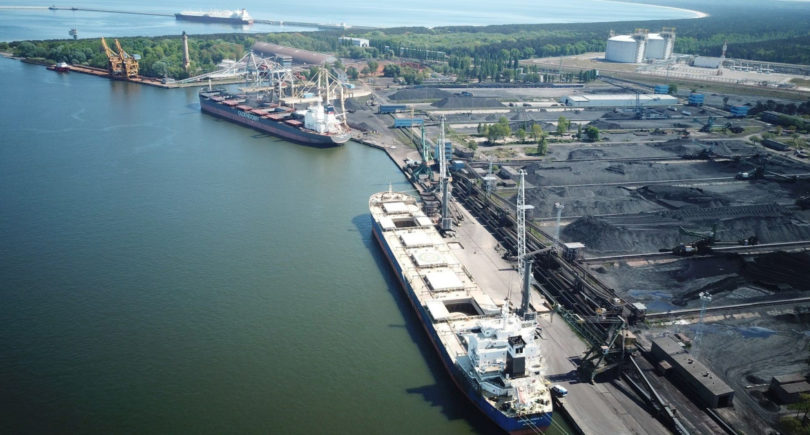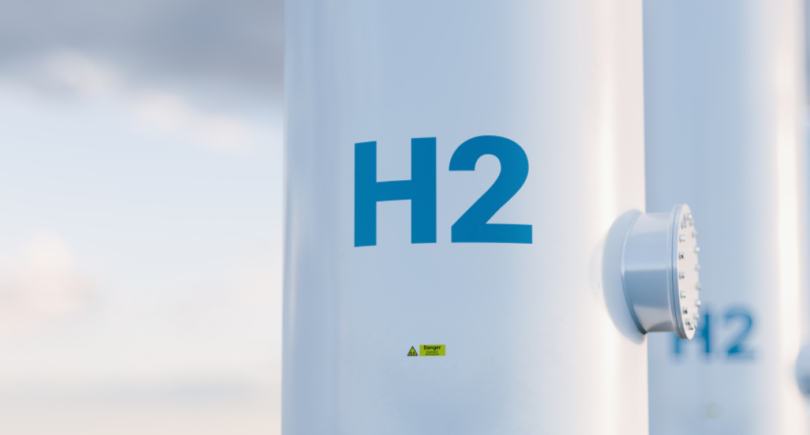
News Infrastructure sea ports 261 22 August 2023
Ore transshipment at the port of Riga decreased by 54.1% y/y over 7 months
In January-July 2023, the Freeport of Riga increased the transshipment of ferrous metals (scrap, metal products, ferroalloys) by 43.1% compared to the same period in 2022 – up to 338.7 thousand tons. This is evidenced by data on the port site.
The transshipment of iron ore in the port of Riga for 7 months of this year amounted to 269.2 thousand tons, which is 54.1% less compared to the same period in 2022. In January-July, Riga port workers handled 607.9 thousand tons of steel cargo. This is 26.1% less than y/y.
In general, in January-July 2023, the Port of Riga reduced cargo transshipment by 16% compared to the same period in 2022, to 11.06 million tons. Bulk cargo was handled in 7 months 6.08 million tons (-21% y/y), in particular:
- coke and coal – 1.21 million tons (-54.6% y/y);
- grain and grain products – 1.4 million tons (+29.2%);
- chemical cargoes v 286.3 thousand tons (-25.9%);
- timber – 835.9 thousand tons (-7.9%);
- other bulk cargo v 495.8 thousand tons (-36.2%).
General cargo handling in 7M 2023 decreased by 3% y/y – up to 4.39 million tons, and bulk – by 37.5%, up to 585.5 thousand tons.
As a reminder, at the end of 2022, the Freeport of Riga reduced transshipment of MMC cargoes by 4.5% compared to 2021 to 1.47 million tons. Ore processing volumes amounted to 954.6 thousand tons, and ferrous metals – 28.7 thousand tons, which is 16.8% more and 28.7% less, respectively, y/y. In general, in 2022, the port reduced cargo transshipment by 9.3% year-on-year to 21.5 million tons.
As GMK Center reported, after the start of the war, the seaports of Ukraine ceased full-fledged work. Only grain cargoes are processed within the framework of the «grain agreement». Cargo turnover fell to a minimum , since one of the main cargoes – products of the mining and metallurgical complex – are not processed.
Ukraine considered the possibility export of metal products and cereals on the world market through the ports of the Baltic Sea. To do this, the Minister of Infrastructure of Ukraine met with colleagues from the Baltic countries and Poland to discuss the possibility of creating new transport corridors.



